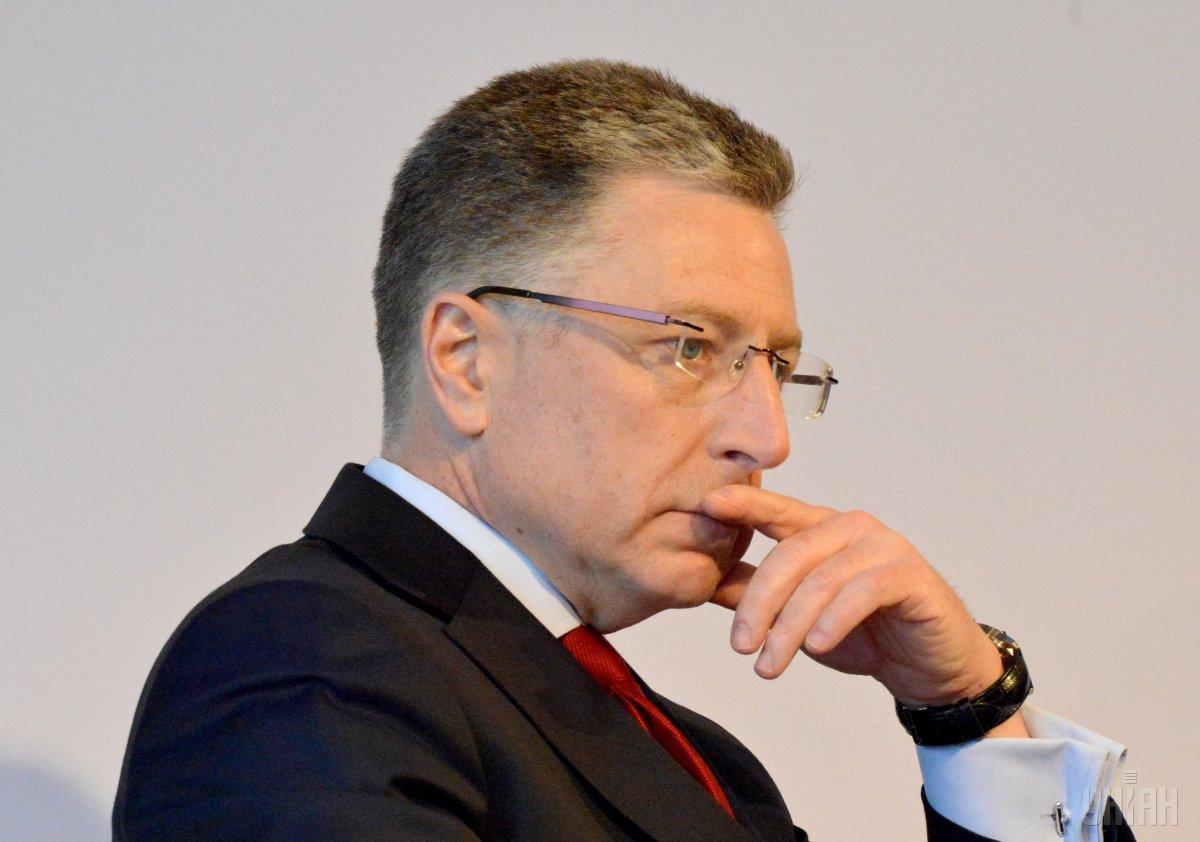
U.S. Special Representative for Ukraine Negotiations Kurt Volker hopes Hungary and Ukraine will settle the issue of Hungarian minority rights in the context of education.
Speaking at a video briefing in Brussels, Volker said: "I think Hungary's full political support for Ukraine facing this external aggression is extremely important. I think Hungary needs to be vocal and demonstrate that kind of support for Ukraine," Volker said.
The envoy noted that he was aware of the existing issue in Hungary-Ukraine relations over the rights of the Hungarian minority in Zakarpattia in the context of education.
"I really hope that Hungary and Ukraine could sit down together and iron out the mechanics of how to do this," he said.
The diplomat stressed that both parties had reasonable positions, but at the moment, any developments in the settlement are "frozen".
This has "prevented Ukraine from having ministerial-level meetings at NATO, which is very unfortunate because in a situation where they're being attacked like this, they need that external support. So I would hope that Ukraine and Hungary can sit down and work that out and put Hungary in a position of giving an absolute full support to Ukraine," he said.
As UNIAN reported earlier, Ukraine-Hungary relations worsened after the Ukrainian parliament in the fall of 2017 adopted a new law on education.
Hungary has been blocking the meetings of the Ukraine-NATO Commission, claiming violations of their minority rights in Ukraine as the law's norm states that the language of instruction in schools shall be the state language.
Read alsoHungary escalating tensions with Ukraine, playing along with Russia – media
According to the conclusion of the Venice Commission, released December 2017, Ukrainian authorities are recommended to balance out the language norms of the education law.
On Feb 14, 2018, the Cabinet approved Bill No. 8046 on introducing a transition period for the language norm's implementation until 2023. Now the bill is under parliament committees' consideration.
Foreign Minister Pavlo Klimkin believes the transition period should be extended to five years.

